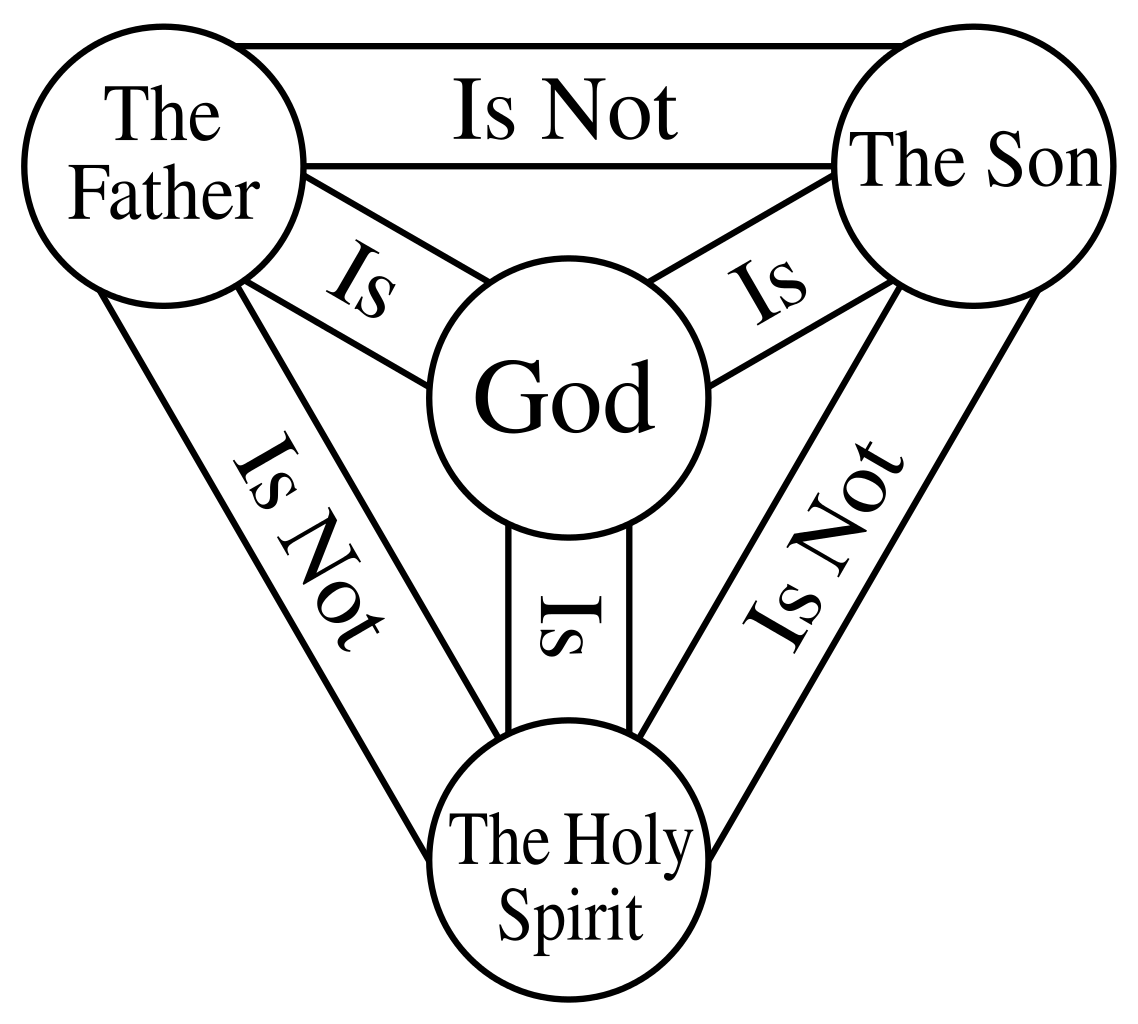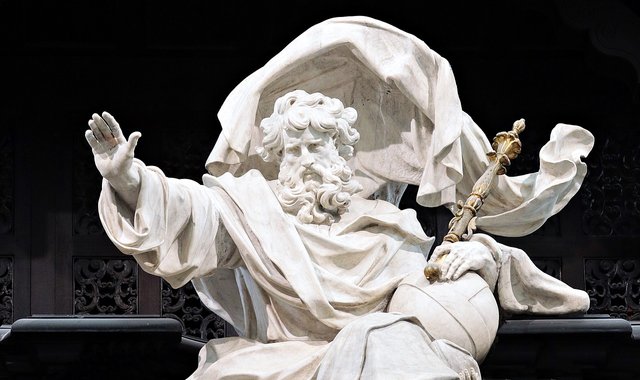MAJOR DOCTRINES OF CHRISTIANS - THE BELIEF ABOUT GOD

Christianity as a religion faced many difficulties during the first centuries of its existence, it was, however, the internal doctrinal conflicts which threatened the very essence of Christianity; it was not easy to arrive at unanimous interpretations of the apostolic teachings. From time to time, interpretations and doctrines were proposed which official Christianity considered deviant from orthodoxy. At the same time they bring about a clearer and more precise formulation of the Christian doctrines. Though Christian theology was greatly influenced by the stipulations of the Apostles' Creed, the Christian Bible stands as the ultimate source of Christian Faith.
THE BELIEF ABOUT GOD

The dynamism of the Christian concept of the God confesses In the first article of the Christian creed goes back to the Old Testament. The monotheistic Yahwism revealed to Moses on Mount Sinai stresses the fact that God is essentially the creator God, the owner of the universe and Lord of history and nature.
Looking at the Old Testament God manifest a number of attributes, the most important of which are his transcendence and his personality. As a transcendence God, he is holy, immanent, spiritual and infinite, that is to say, a pure and perfect Being that cannot be circumscribed or described.
God as a person is the I am who I am (Ex. 3:14) who spoke to Moses faces to face, as a man speaks to his friend, and who entered into covenant relationship with the children of Israel (Ex. 33:1).
Exodus 3:14 - And God said unto Moses, I AM THAT I AM: and he said, Thus shalt thou say unto the children of Israel, I AM hath sent me unto you.
Exodus 33:1 - And the LORD said unto Moses, Depart, and go up hence, thou and the people which thou hast brought up out of the land of Egypt, unto the land which I sware unto Abraham, to Isaac, and to Jacob, saying, Unto thy seed will I give it.
It is indeed this covenantal aspect of the Old Testament theology which links it with the New Testament wherein Jesus features as the climax and fulfilment of the unfinished work of the Old Testament.
Consequently, the God which Jesus embraced and presented to his followers was essentially the God of the Old Testament, with the added emphasis on the fatherhood of God. Right from the time of his baptism, when he became aware of this relationship, the Father-Son relationship between Jesus and God became the bedrock and cornerstone of Jesus' exposition of his messianic mission.

The Father-Son relationship became the prototype for the relationship of Christians to God. Thus, in Jesus' teachings, God was not just his father, he was also "...your (his followers) Heavenly Father..." who would reward them, forgive them their sins, answer their prayers, and provides them their needs. Thus, while in the Old Testament the children of Israel became, through a convenantal pact mediated by Moses, the people of God, in the New Testament, the Christians - the new Israel - become, through a new covenant, mediated by Jesus, not just God's people, but his children.
Stay tuned every Tuesday and Thursday for inside review of the Christian religion.
Remain Blessed!

guy which kind confusion are you posting....Jesus always acknowledged God to be his father whenever he is teaching
I did not say Jesus did not acknowledge God as his father but I emphasis that his teachings focus on God as your (his followers) Heavenly Father. I meant to include just in ...God was not his father....
Thanks for reading
and mind you ...the holy spirit is not a personage. or should i say personality...its Gods active or operating force